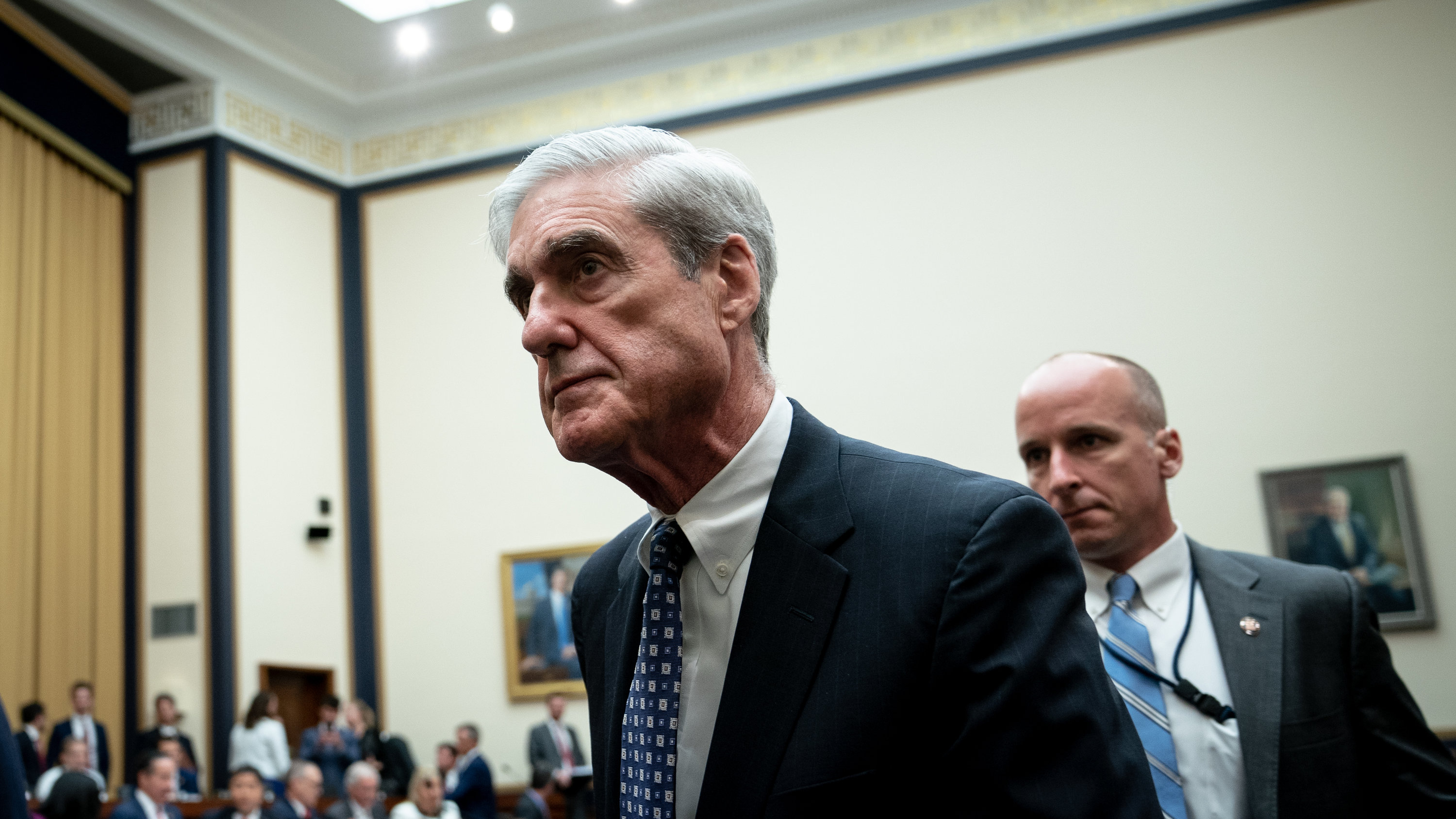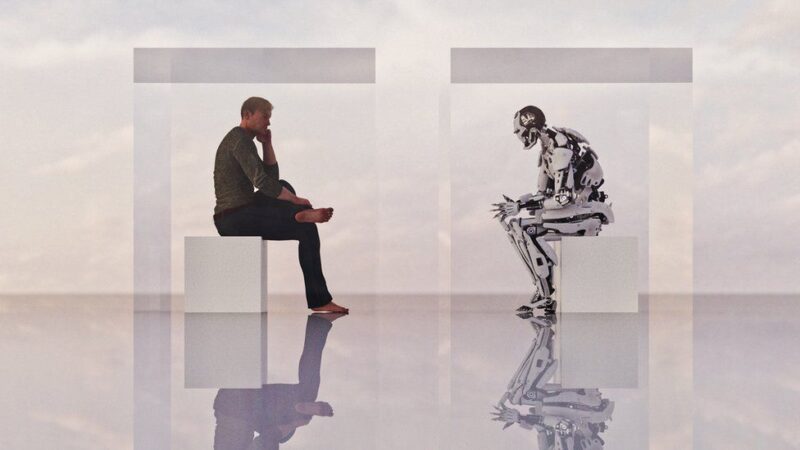Former U.S. Special Counsel Robert Mueller testified on Wednesday to the U.S. House of Representatives about his investigation of Russian interference in the 2016 U.S. presidential election and any possible obstruction of justice by President Donald Trump.
In his opening statement, Mueller said he could not discuss the opening of the FBI’s investigation into Russia or the so-called Steele dossier.
“This is under investigation elsewhere in the Justice Department and consequently it is not within my purview … others are investigating,” he later told lawmakers. The dossier by Christopher Steele, a former British spy, was made public in 2017 and alleged that Moscow attempted to interfere in the 2016 presidential election and that there was potential collusion between Russia and Trump’s campaign, along with other unverified and salacious claims about the president. Trump has described it as “bogus.”
Democratic Representative Hakeem Jeffries said that in ordering Don McGahn, then the White House counsel, to fire Mueller and then lie about it, Trump had “committed an obstructive act,” connected it to an official proceeding and “did so with corrupt intent,” which constituted obstruction of justice.
Mueller responded: “Let me just say … I don’t subscribe necessarily to the way you analyze that. I’m not saying it’s out of the ballpark. But I’m not supportive of that analytical charge.”
Asked about Trump’s comments on WikiLeaks, including “I love WikiLeaks,” after it released emails stolen from the Clinton campaign, Mueller said: “‘Problematic’ is an understatement in terms of what it displays in terms of giving some … hope or some boost to what is or should be illegal activity.” As for communication between Donald Trump Jr. and WikiLeaks, Mueller said, “Disturbing and also subject to investigation.”
These are some of the main highlights from Mueller’s testimony.






